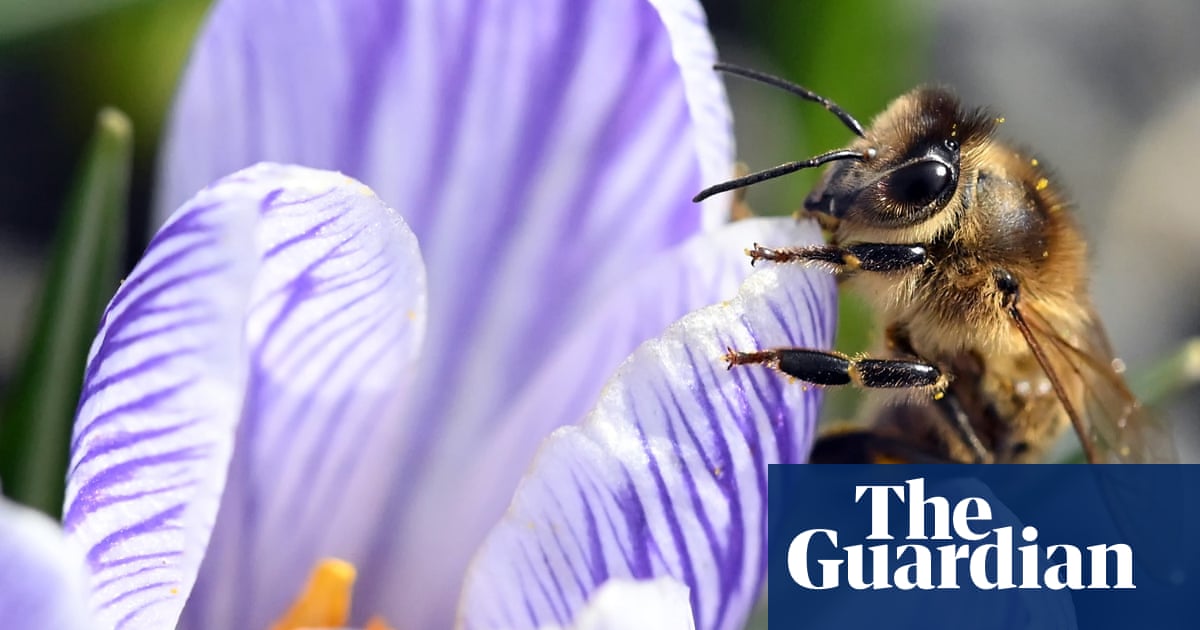
"Plants have been found to sense the buzzing of bees and respond by increasing nectar production, indicating a more cooperative relationship with pollinators than previously thought."
"This research underscores that plants are not passive in their interactions with the environment, but actively engage in behaviors that favor beneficial partners while deterring nectar robbers."
"The findings could lead to innovative practices in agriculture, where sound vibrations might be harnessed to improve crop pollination sustainably, enhancing both yield and plant-insect interactions."
"By altering nectar production in response to specific insects' vibrations, plants demonstrate a remarkable ability to perceive and respond to their surroundings without a traditional nervous system."
Recent findings reveal that certain plants can detect the buzzing of beneficial bees and increase their nectar production in response, rather than remaining passive partners in their symbiotic relationships. This behavior likely serves as a survival strategy, favoring pollinators over non-beneficial insects. Researchers observe that plants may utilize mechanoreceptors to sense these vibrational signals, adding to the understanding of plant perception. The implications extend to agriculture, where buzzing sounds could enhance crop pollination sustainably, demonstrating the sophisticated interactions in ecosystems.
Read at www.theguardian.com
Unable to calculate read time
Collection
[
|
...
]